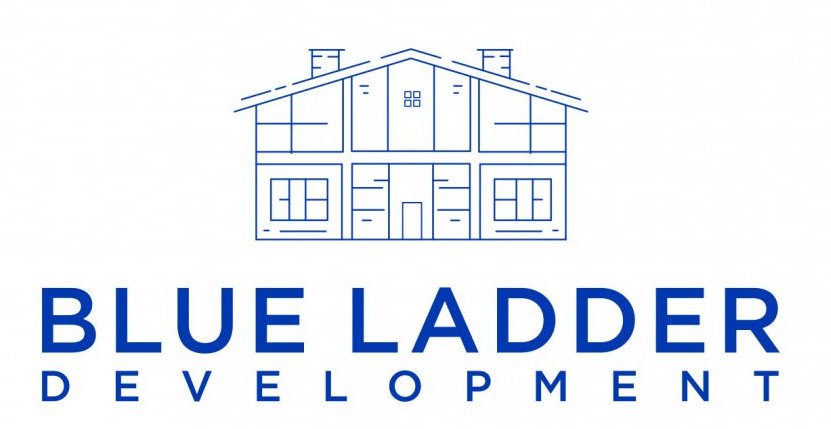Inheriting a property creates a mix of emotions since you have been left a valuable property that you can use the proceeds from to improve your life. However, your financial gain comes at the loss of a loved one so emotionally your life has been negatively affected as you mourn your loss. As you deal with your new life without your loved one and with ownership rights in a new property you may be wondering what the tax consequences are when selling an inherited house. Throughout this article we’ll take a look at the different tax considerations you’ll face when selling an inherited property.

Tax Consequences when selling a house I inherited in Chicago, IL
Calculation of basis
In order to comprehend how you’ll be taxed having inherited a home, you need to know how basis is calculated. Basis, in this case, refers to the asset cost for purpose of the calculation of capital gains along other taxes. When a person dies, the value or basis of their property in Chicago is increased to the market value as at the time of their death. For instance, if a person purchased a home 20 years ago for $25,000 but it was worth $100,000 at the time of their death, that property would be valued at the latter amount for the purpose of calculating capital gains.
Taxation of gains/losses
Capital gains or losses refer to what you earn from selling property that you use for either personal or investment purposes. Such can be houses, furniture and many more things. If you decide to sell an inherited home in Chicago, that sale is regarded as capital gain or loss for the purpose of income tax. In most cases, for you to qualify for lower rates of long-term capital gains, you are required to have held that property for at least a year. However long the duration you have been in ownership of an inherited home, any gain or loss will still be treated as long-term.
Reporting the sale
Upon selling an inherited home, you have to report it for the income tax purposes. You should first calculate your capital gain or loss. This is done by subtracting the basis from the sale amount. You should then report that amount to the necessary authorities.
Having an inherited home can be stressing given the fact that you have new property to take care of and pay taxes for it at the same time… You should go through the probate process in Chicago as the first step to selling your home. The court will then authorize you to proceed as you wish. If there are any other individuals involved in the inheritance, you should first agree with each other on that decision. You can then file a petition requesting the court to allow you to sell the property.
You want to be aware of the tax you will be liable for paying after selling the property. This will be paid against the capital gains or losses resulting from the sale of the house. You can call Blue Ladder Development now at 630-387-6861 to undertake a smooth and legitimate sale of your home. We are local here in Chicago IL and we know the market here better than anyone else. If you are still asking yourself what are the tax consequences when selling a house I inherited in Chicago, then we would be happy to discuss it with you in more detail.
While inheriting a house certainly has its financial benefits you will quickly find that it will become quite a burden on you. In many cases inherited owners find that selling to the property to a local investor is a great way to sell the property and get rid of the headaches involved in continually dealing with the property. Contact us for inquiries on how to go about things when selling your home in Chicago and we will be glad to help you.
